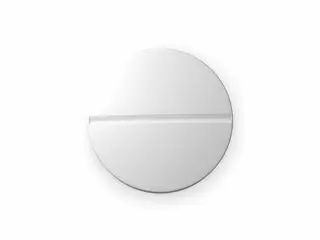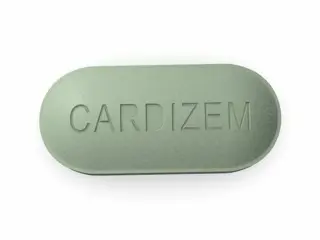Cardiovascular
Discover a wide range of effective cardiovascular medications and supplements designed to support heart health, improve circulation, and manage blood pressure. Shop trusted brands and find the right products to maintain a healthy cardiovascular system.
The cardiovascular category includes medications used to treat various heart and blood vessel conditions. These drugs help manage blood pressure, heart rhythm, blood clotting, and other cardiovascular issues. Here is a review of some popular medications in this category.
Altace (Ramipril) is an ACE inhibitor. It helps relax blood vessels, lowering blood pressure and improving blood flow. It is often prescribed to reduce the risk of heart attack, stroke, and heart failure. Patients usually experience fewer side effects. Common ones include cough, dizziness, and headache.
Cardarone and Cordarone contain amiodarone. These are antiarrhythmic drugs. They help control abnormal heart rhythms, such as atrial fibrillation or ventricular tachycardia. Amiodarone is effective but can cause side effects like thyroid problems, lung issues, and skin sensitivity. Regular monitoring is necessary during treatment.
Cardizem (Diltiazem) and Cartia XT are calcium channel blockers. They work by relaxing the heart muscles and blood vessels. These meds are used to treat high blood pressure and angina (chest pain). They also help control heart rate in some arrhythmias. Side effects include swelling, headache, and dizziness.
Coumadin (Warfarin) is a blood thinner. It prevents blood clots that can cause strokes or heart attacks. Warfarin requires careful dose management and regular blood tests (INR) to avoid bleeding complications. Diet and other medications can affect its action, so patients must follow instructions closely.
Lanoxin (Digoxin) helps strengthen heart muscle contractions. It is used to treat heart failure and certain arrhythmias. Digoxin improves symptoms like fatigue and shortness of breath. Overdose can cause toxicity, with symptoms such as nausea, vision changes, and confusion. Monitoring blood levels is important.
Lisinopril is another ACE inhibitor similar to Altace. It lowers blood pressure and protects the kidneys in diabetic patients. Side effects are usually mild but may include cough, dizziness, and high potassium levels.
Micardis (Telmisartan) is an angiotensin II receptor blocker (ARB). It reduces blood pressure by relaxing blood vessels. Micardis is often used in patients who cannot tolerate ACE inhibitors. It protects the heart and kidneys and has a favorable side effect profile.
Nimotop (Nimodipine) is a calcium channel blocker used mainly to prevent complications from brain hemorrhage. It improves blood flow in the brain. Nimotop is not typically prescribed for general blood pressure control but is crucial in specific neurological conditions.
Plavix (Clopidogrel) is an antiplatelet drug. It prevents platelets from sticking together, reducing the risk of heart attacks and strokes, especially after stent placement. Plavix is often combined with aspirin but increases bleeding risk. Regular medical supervision is necessary.
Samsca (Tolvaptan) is used to treat hyponatremia (low blood sodium) often seen in heart failure patients. It works by helping the kidneys remove excess water while retaining sodium. Samsca helps improve symptoms but requires careful monitoring of sodium levels.
In summary, cardiovascular medications have diverse roles. They manage blood pressure, prevent clots, control heart rhythm, and protect organ function. Each drug has specific benefits and risks. Proper use and regular monitoring are critical for safety and effectiveness. Always consult a healthcare professional before starting or changing any cardiovascular medication.














